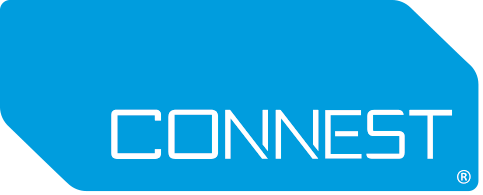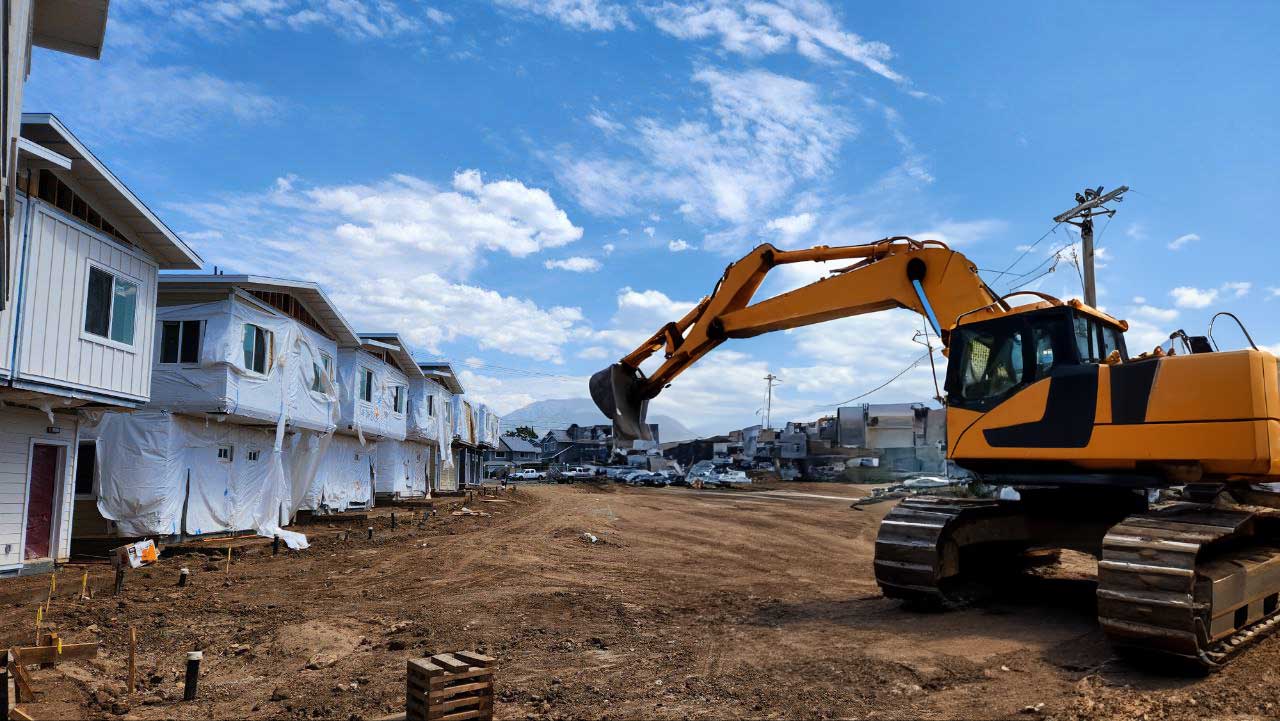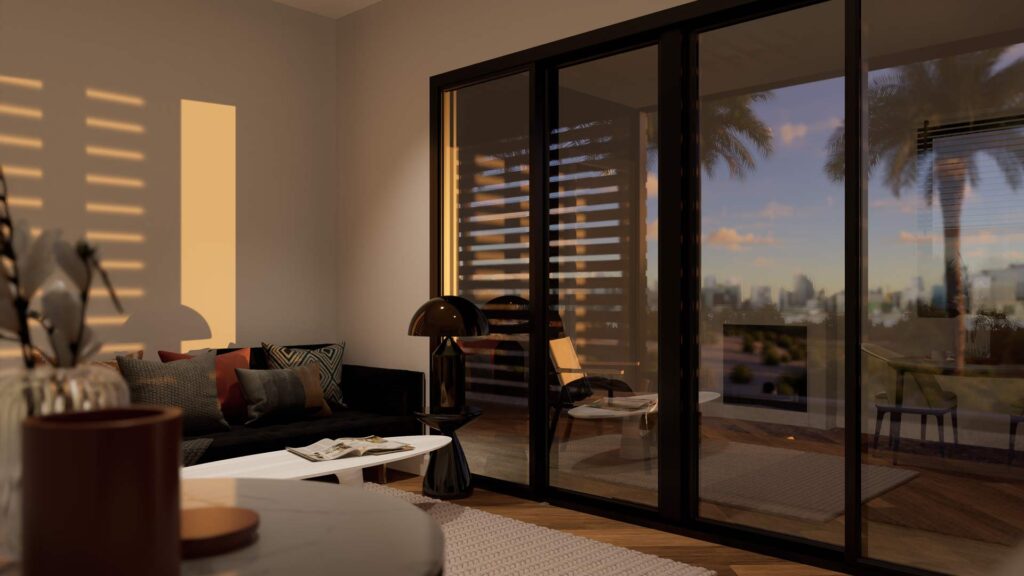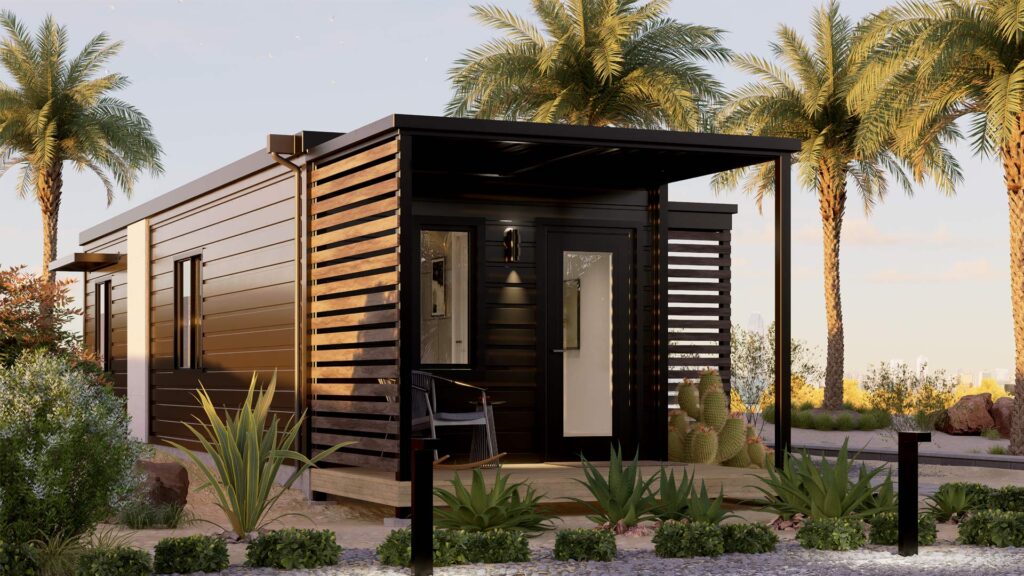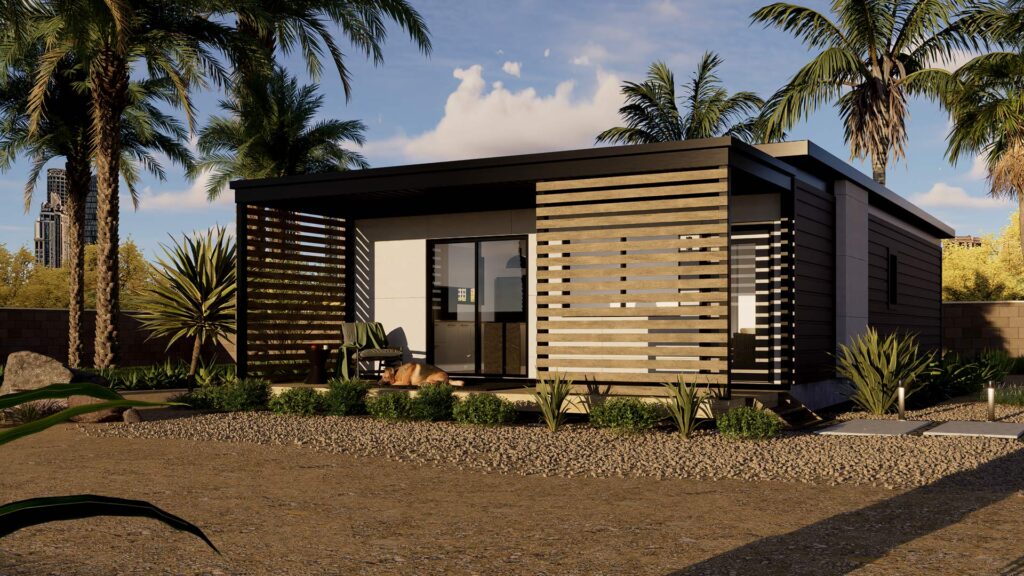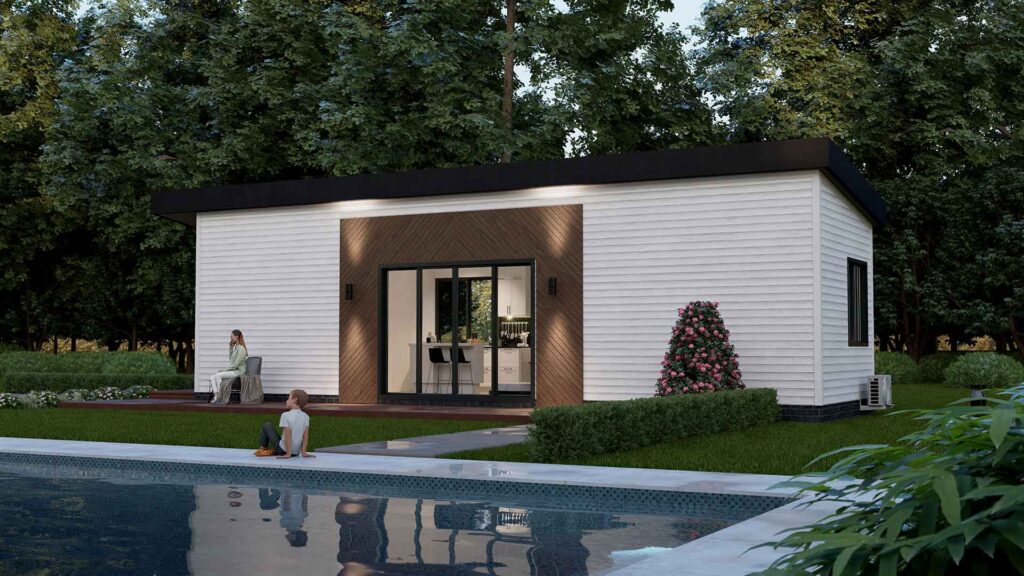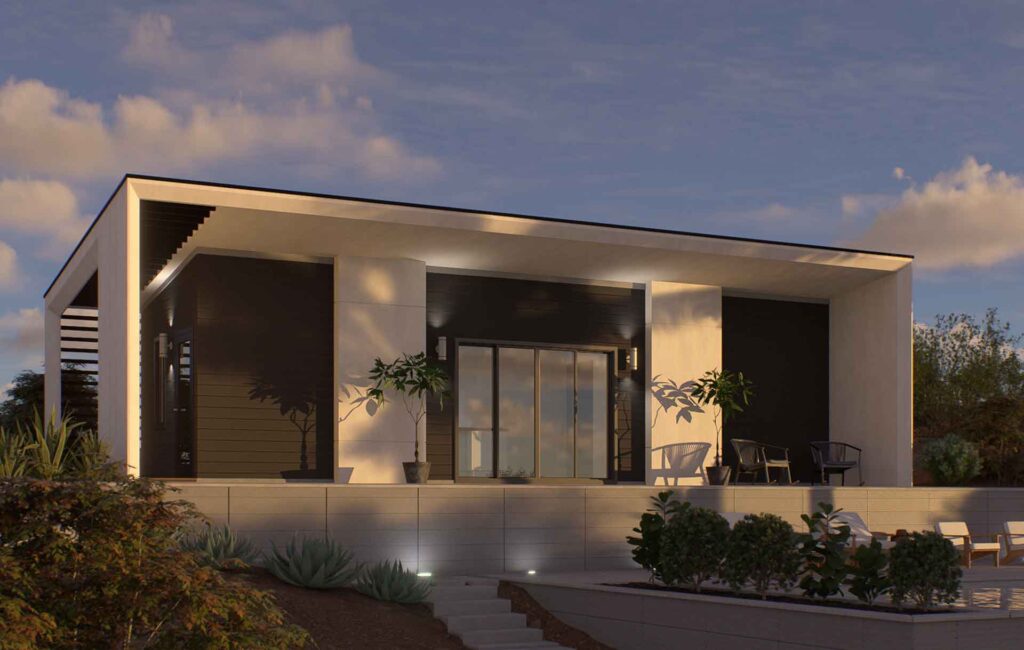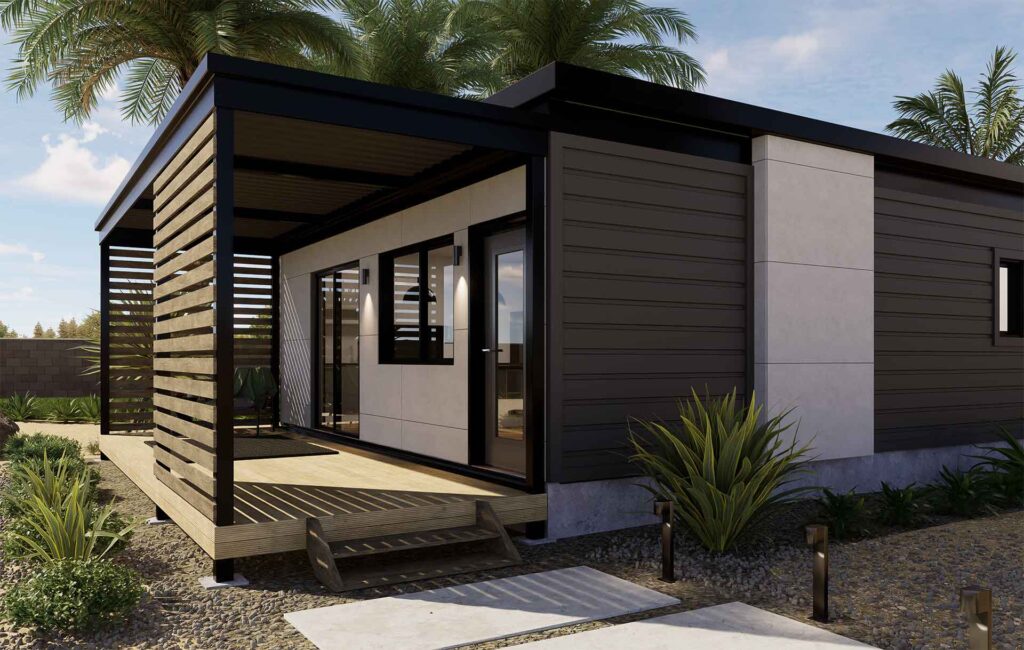Real estate developers face a landscape brimming with opportunities and challenges. One solution stands out for its efficiency, sustainability, and innovation: modular construction. This article explores why developers should consider this method in 2024, with Connest leading the way in transforming the industry.
Embracing Speed and Efficiency
- Rapid Construction: One of the most compelling reasons to choose modular construction is its speed. Projects can be completed up to three times faster than traditional methods, a crucial advantage in today’s fast-paced market.
- Reduced Labor Costs: With components pre-manufactured in a controlled environment, modular construction requires less on-site labor, significantly cutting down costs.
Sustainability and Environmental Responsibility
- Eco-Friendly Materials: Modular construction often uses sustainable materials, contributing to a smaller carbon footprint.
- Energy Efficiency: Modular buildings are designed with energy efficiency in mind, leading to long-term savings and environmental benefits.
Quality and Durability
- Controlled Manufacturing: The factory setting of modular construction allows for higher quality control and consistency.
- Resilience: Modular buildings are often as durable as traditional structures, if not more, due to the precision of factory construction.
Flexibility and Customization
- Adaptable Designs: Modular construction is not a one-size-fits-all solution. It offers flexibility in design, allowing for customization to meet diverse needs.
- Scalability: This method is scalable and suitable for various project sizes, from single-family homes to large-scale commercial developments.
Financial Incentives
- Cost-Effective: The efficiency of modular construction translates into cost savings, making it a financially attractive option for developers.
- Faster ROI: Due to the expedited construction timeline, developers can see a quicker return on investment.
Overcoming Challenges and Misconceptions
- Myth-Busting: Contrary to misconceptions, modular buildings can offer the same aesthetic diversity and architectural integrity as traditional buildings.
- Navigating Regulations: As the industry grows, so does the understanding and acceptance of modular construction in regulatory environments.
Connest: A Case Study in Success
- Leading by Example: Connest’s success in modular construction demonstrates the method’s viability and potential for profit and growth.
- Innovation and Expertise: With a focus on continuous improvement and technological integration, Connest exemplifies what modern developers should look for in a construction partner.
In the end:
In 2024, modular construction offers real estate developers a pathway to more sustainable, efficient, and profitable projects. With companies like Connest paving the way, this method is not just an alternative; it’s becoming the standard for forward-thinking development.
Ready to explore the benefits of modular construction for your next project? Contact Connest to learn how we can help you build smarter, faster, and greener.
